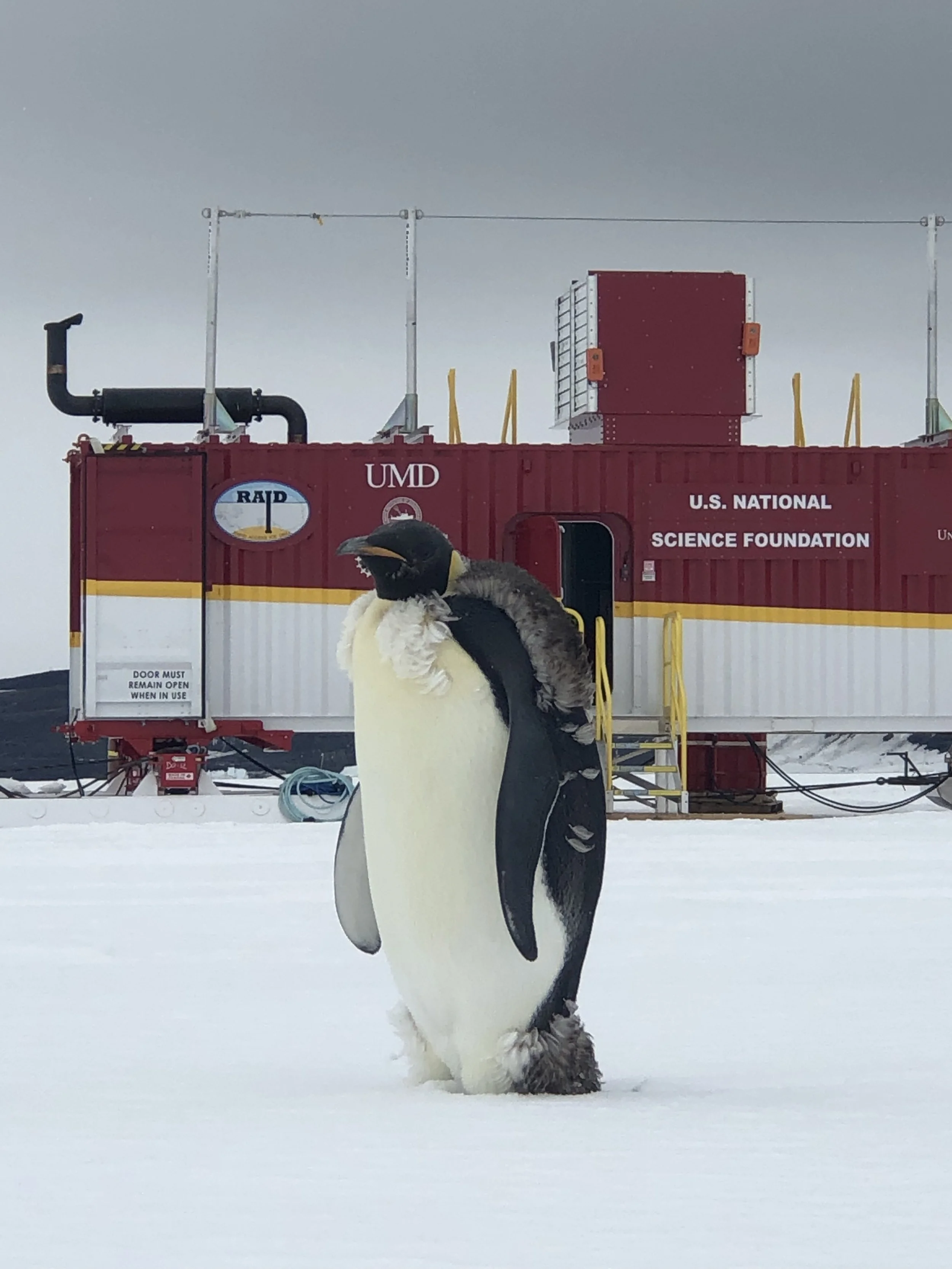
FPS HEADS TO THE ICE FOR US RESEARCH
Following an Australasian search, FPS hydraulic engineer Owen Little was selected to carry out a mission in Antarctica solving an issue with a critical scientific ice drill, as part of a US$7m research project.
FPS Heads to Antarctica
Following an Australasian search, FPS hydraulic engineer Owen Little was selected to carry out a mission in Antarctica solving an issue with a critical scientific ice drill, as part of a US$7m research project.
“I’ve worked in many places around the world throughout my hydraulic career, but it’s not often you get to go to Antarctica. It was a once in a lifetime opportunity,” Owen says.
FPS was asked by a consultant working for the University of Minnesota Duluth in the United States to submit a portfolio to tender for the work. Based on hydraulics experience from within the team and Owen himself, the company was successful.
Off to the ice
Owen then went through a “rigorous medical” process including 10 blood tests, a dental check, ECG and x-ray to check he was fit for the job, working in temperatures down to - 40°C.
From the US base at McMurdo Station, he was tasked with inspecting and fixing hydraulic issues with the drill rig 3km from base.
“It all went really well. I got all the faults sorted. There were a few more issues than they originally thought there were, but I managed to get them all fixed,” he says.
Antarctica was completely different to anything Owen had experienced before. “It was an unreal sort of place. Where we were staying, it was super dry and dusty with not much snow around – of course it was summer. The sun never went down, which made sleeping difficult even in a dark room.”
The US science project provides deep ice access in Antarctica, by taking core samples of ice from 2500 to 3300m below the surface with a Rapid Access Ice Drill (RAID).
The RAID website says it is intended as an ice and rock drilling system that can give the scientific community access to a richer record of climate change on a variety of timescales, from the billion¬-year rock record to thousand¬-year ice and climate histories.
For more information about the research project, visit http://www.rapidaccessicedrill.org/






